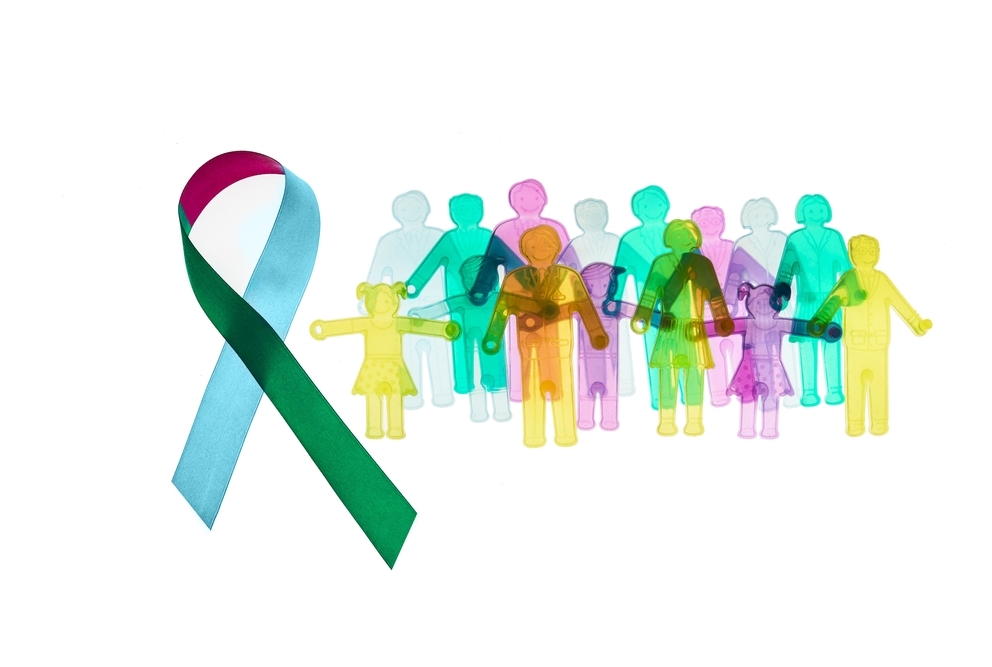Weill Cornell Medicine and NewYork-Presbyterian/Weill Cornell Medical Center have together been named a Rare Disease Center of Excellence by the National Organization for Rare Disorders (NORD). The designation adds the academic medical center to NORD’s collaborative network of 40 participating institutions that research and treat rare diseases.
“We are incredibly proud of this designation and want patients to know we provide comprehensive health care here for any rare disease,” said Dr. Omar Abdul-Rahman, chief of the Division of Medical Genetics in the Department of Pediatrics at Weill Cornell Medicine and NewYork-Presbyterian Komansky Children’s Hospital, and director of clinical genomics for women’s and children’s health at Weill Cornell Medicine and NewYork-Presbyterian/Weill Cornell Medical Center.
Dr. Abdul-Rahman steered the rigorous application process that ultimately made Weill Cornell Medicine and NewYork-Presbyterian/Weill Cornell Medical Center part of a unique, collaborative network of institutions that are dedicated to providing outstanding treatment to patients with rare diseases. The network also facilitates collaboration among participating institutions to improve standards of care, advance research, and increase awareness about rare diseases in the broader medical and patient community.
Eighty-five percent of rare diseases are genetic conditions, Dr. Abdul-Rahman said. There are 20,000 genes that comprise the human genome and scientists understand approximately 7,000 of them. “So, there is still the potential to discover new rare diseases caused by the remaining 13,000 genes,” said Dr. Abdul-Rahman, who is also director of clinical genetics in the Englander Institute for Precision Medicine at Weill Cornell Medicine.
Traditionally, patients and families would wait months to see a geneticist. And when genetic testing was ordered, a patient might wait many more months for results, he said. But modern technology has enabled faster turnaround times using whole genome sequencing, enabling physicians to analyze the entire genome in a single test. Even still, it could take five years for patients to receive accurate diagnoses—an inefficiency that Dr. Abdul-Rahman hopes to change. By changing the paradigm of how care is delivered, patients can get a diagnosis in just a few weeks.
Rare Disease Centers of Excellence unite institutions studying and treating rare diseases with the goal of creating a national infrastructure that couldn’t happen without this collaboration. The idea, said Dr. Abdul-Rahman, is to foster an established standard of care.
The need is great, since rare diseases affect up to 30 million Americans—or one in 10 people—and 350 million worldwide of all ages, NORD says. Unfortunately, 95 percent of those diseases still have no treatment.
“Rare diseases have been challenging from a therapeutic perspective,” said Dr. Abdul-Rahman, who was recruited to Weill Cornell Medicine as the Horace W. Goldsmith Foundation Professor of Pediatrics and also serves on the NORD Rare Disease Centers of Excellence Advisory Committee.
Having a rare disease can mean patients have a difficult time accessing the best care and appropriate treatments for a number of reasons.
“Diseases are considered ‘rare’ if they affect less than 200,000 people. Because that’s far fewer than those with common chronic diseases such as heart disease, drug companies face challenges in investing in potential treatments for a small number of patients,” he said. “NORD brings enough patients together collectively to conduct clinical trials across the network, a prerequisite for drug companies to invest in developing treatments for rare diseases.”
The NORD Rare Disease Centers of Excellence designation recognizes institutions that are at the cutting edge of some of the biggest medical and scientific breakthroughs. Weill Cornell Medicine and NewYork-Presbyterian/Weill Cornell Medical Center have experts on staff who specialize in rare diseases, and the two institutions remain focused on increasing the number of trained rare disease professionals.
“We are committed to ease of access and welcome any patients who inquire,” Dr. Abdul-Rahman said. “We confirm a diagnosis, establish a treatment plan, and become their trusted medical home along their journey.”

